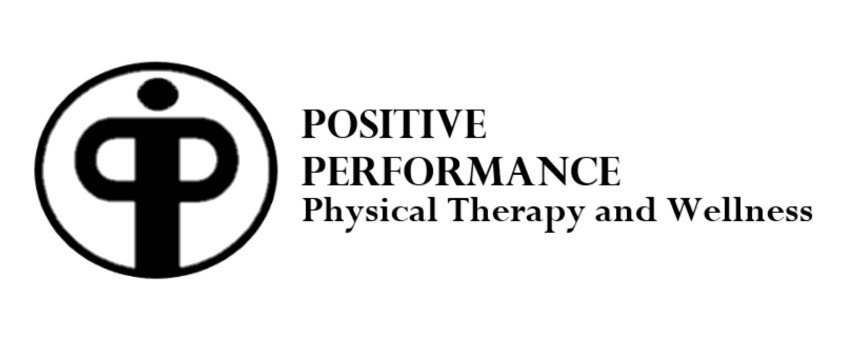What is Functional Medicine?
Functional medicine seeks to understand the root cause of dis-ease in the body and promote health through the practice of wellness. It does so by thoroughly evaluating symptoms and appreciating that all systems communicate and impact each other. Our cardio system is not independent from our digestive system or our skeletal system. The most incredible example of this interrelationship is the one between the brain and the gut: 90% of our serotonin and 50% of our dopamine - our "happy” neurotransmitters- are made by the enteric nervous system in the gut! A thorough examination of a patient’s symptoms of depression and anxiety should therefore include an investigation of their gut function. Conventional medicine tends to separate all of the body’s systems into various specialties and to use pharmacology as its primary weapon against preventing and fighting disease. Antidepressants, like Prozac, are very popular treatments for depression. But what if, more often, healthcare started by asking what is this person putting into their body and what are they expecting to get out?
A headache is a gift ~ Tracy Harrison, founder of the School of Applied Functional Medicine
Many of us take our body’s resilience for granted. Our human body is amazingly strong and adaptable, which can be both a blessing and a curse. Our body can function for a long time while not in optimal health. Many of us don’t recognize common signs of distress such as headache, fatigue, brain fog, heart palpitations, or constipation as minor signals the body is giving us. Unfortunately these mild signals can be also written off by medical professionals if a patient's lab values are “within normal ranges”. Instead of trying to silence the body with medication, it would be more prudent to listen to its warnings and address the whole system, instead of just giving attention to the “loudest” body part.
Stress, sleep, hydration, and movement all contribute to pain and dysfunction in our body. The practice of functional medicine principles considers how each of these components contribute to our body as a unified system. For example, arthritis pain can have a genetic component; and a lifetime of wear and tear on the body can contribute to joint pain, but these are not the only contributors. Our ability to digest food and get nutrients to our whole body affects the cellular function of all other body parts, from our brain to our heart to our hip joints.
My own introduction to functional medicine concepts began almost 15 years ago, in my late twenties, when I was having symptoms of terrible fatigue and stomach cramping. When my blood work showed inflammatory signs consistent with possible auto-immune disease, it was recommended that I begin taking Nexium for the rest of my life. Thankfully, I had a friend who suggested I consider consulting someone with a more holistic approach. After working for 9 months with my diet and taking some supplements, I didn’t have any stomach issues, my stress was more manageable, and I did not have any indications of an auto-immune disease! I cut out things that were inflaming my system, I added things to give me more energy, and it was amazing how much better I felt. I was grateful that I had learned the valuable lesson that what I was putting in my body mattered, rather than just adding a medication that had similar side effects to the symptoms I was already experiencing- including abdominal pain, dizziness, muscle weakness, drowsiness.
Food is the most fast acting and most powerful medicine you can take to change your life. ~Mark Hyman, founder of the Ultra Wellness Center at the Cleveland Clinic
As a physical therapist and functional medicine practitioner, I try to educate my patients about how a glass of wine, a poor night’s sleep, the lack of water, or the bowl of oatmeal that they ate that morning can affect their tendonitis or joint pain. Pain can also exist without diagnostic evidence. For example, I have many patients who share stories about how terrible their low back looks on an X-ray or MRI; yet the doctor can’t believe that, instead of back pain, they have debilitating hip pain. When we are not hydrating properly or eating healthy fats and proteins to cushion our joints and maintain muscle tissue, our hip joint suffers; the hip joint also suffers from low blood flow and endures a lot of compressive forces. These factors are then often combined with poor biomechanics, creating pain and dysfunction.
The community that I live in and serve as a physical therapist has many examples of people living an active life well into their 80’s and often 90’s! I am blessed to be part of their healthcare team that enables them to dream about the next adventure by choosing wellness strategies to keep their mind and body healthy. Part of making that happen is by considering the person as a whole functioning system, not just focusing on their painful body part. In my practice, I have the opportunity to spend time with my patients and help them to understand that wellness is a journey consistent with making small choices everyday that have a big impact on all aspects of health. I am grateful to be able to incorporate the practice of functional medicine principles in my commitment to helping my patients live their best life now and in the future.
